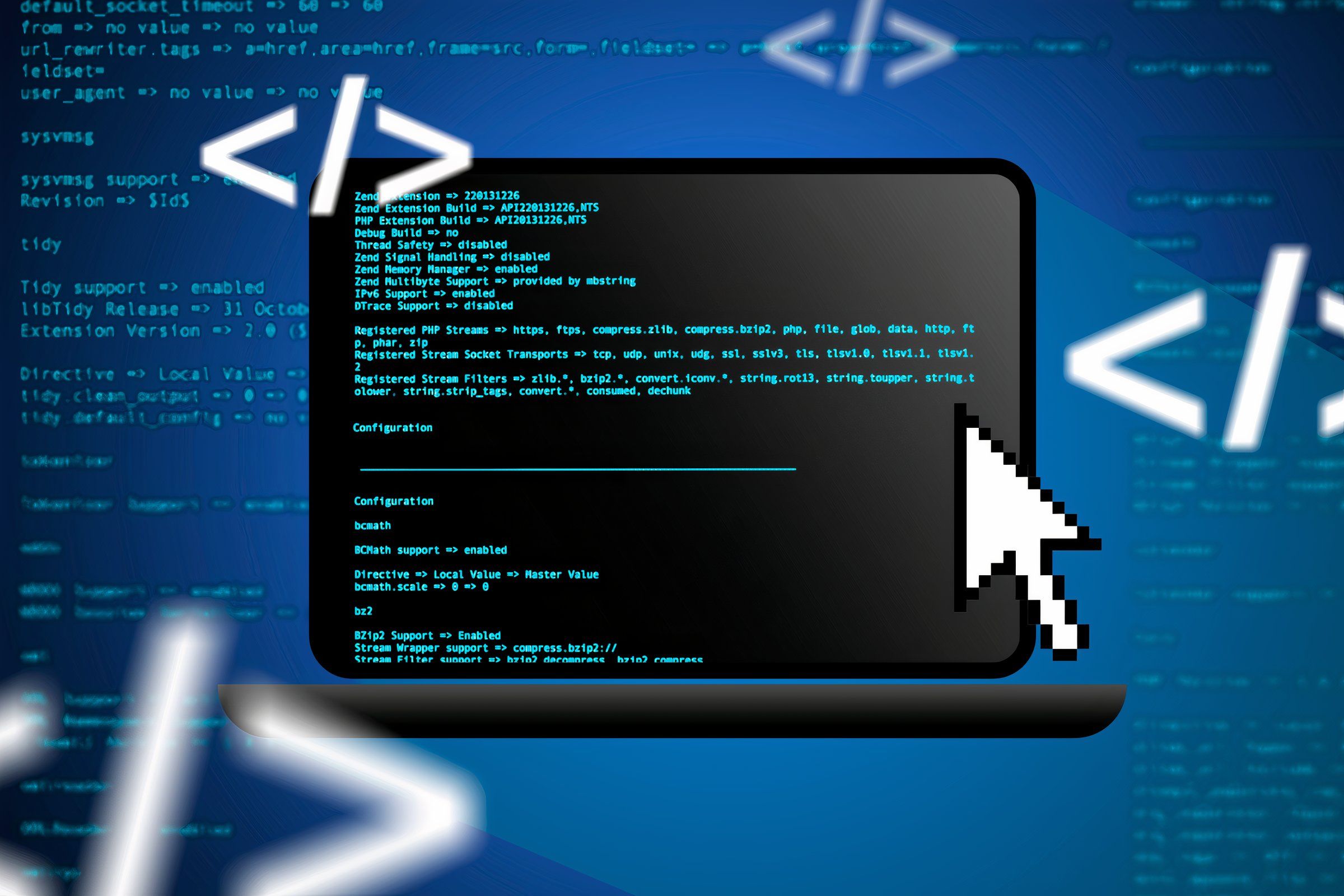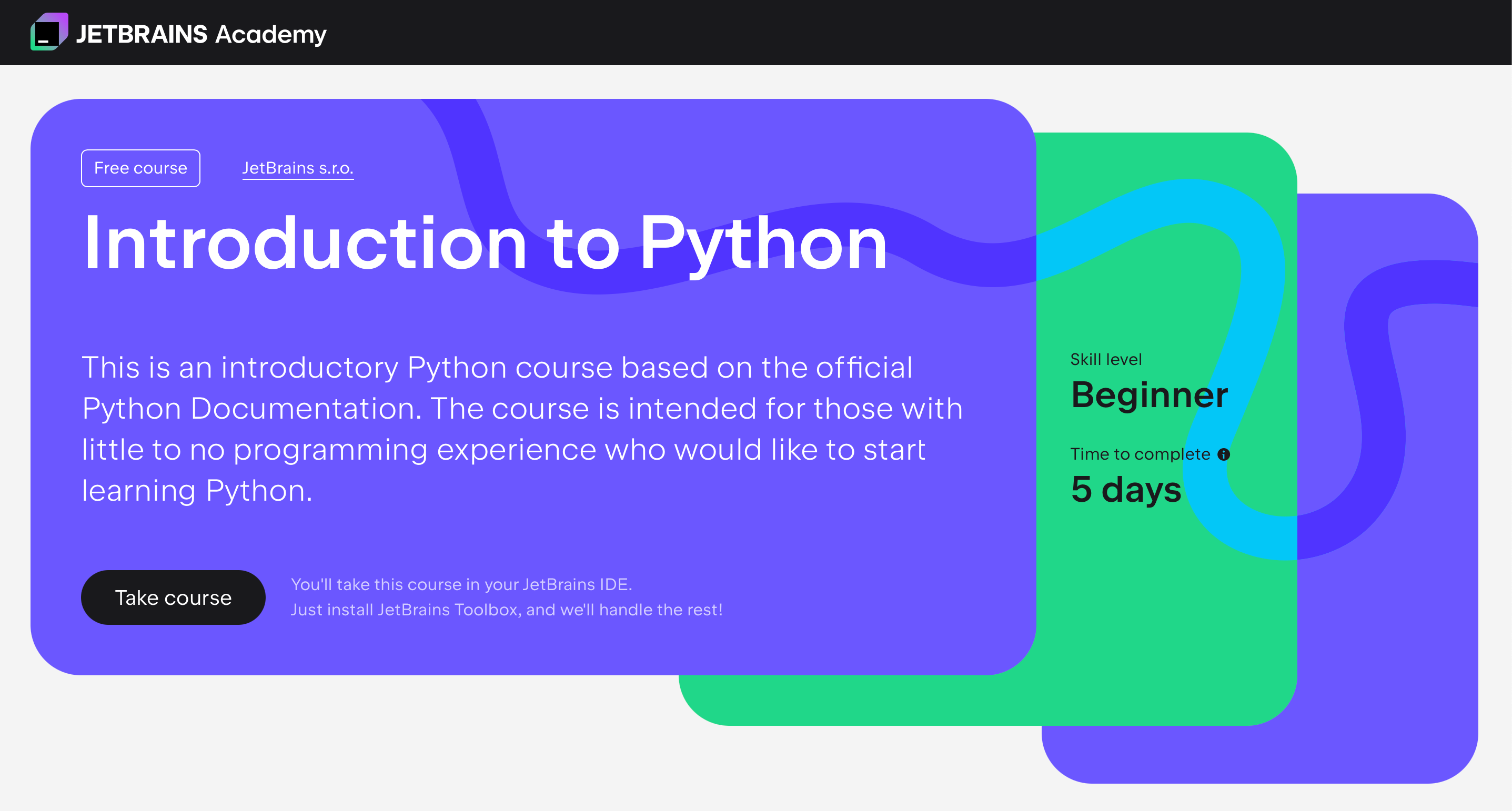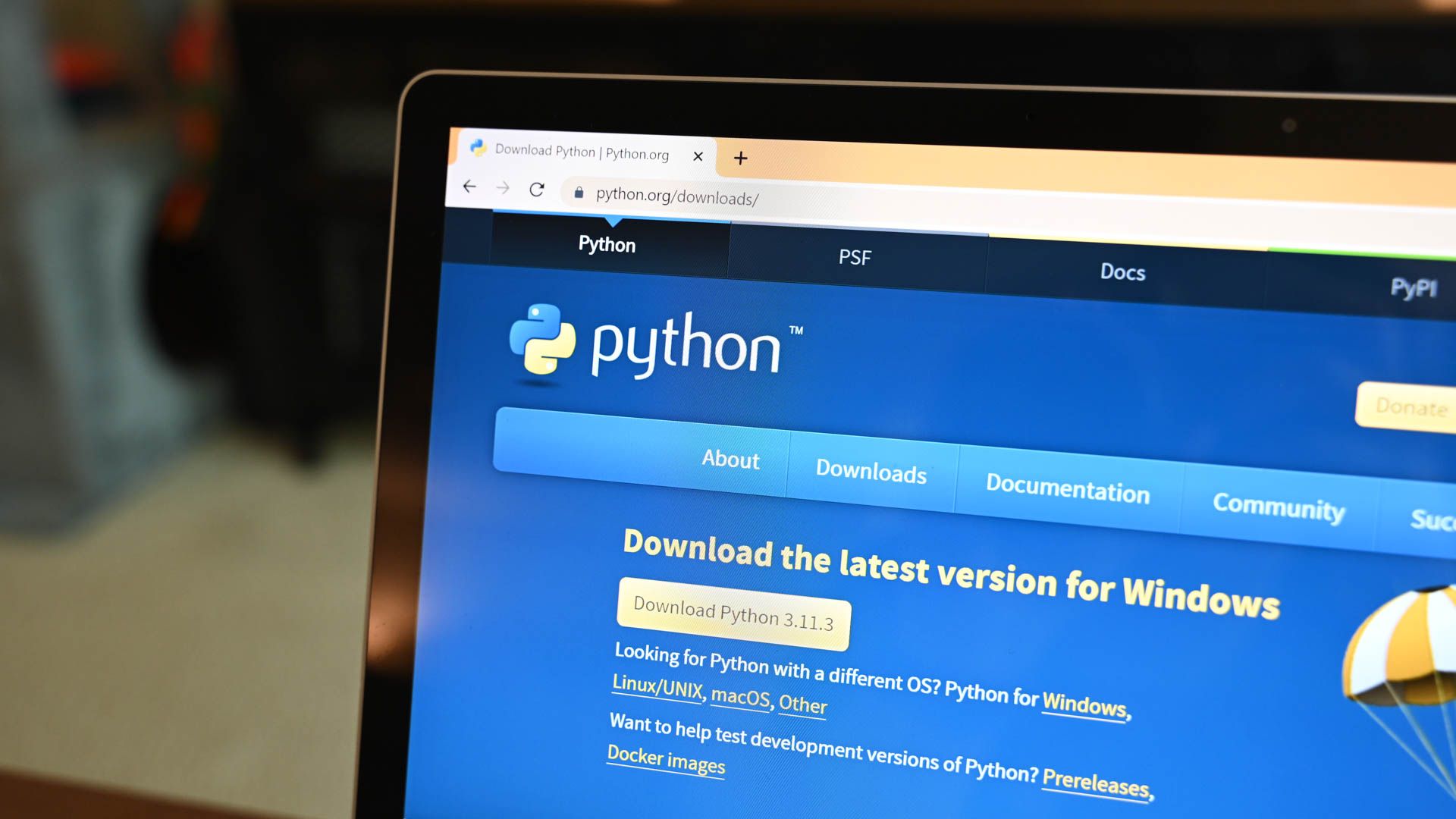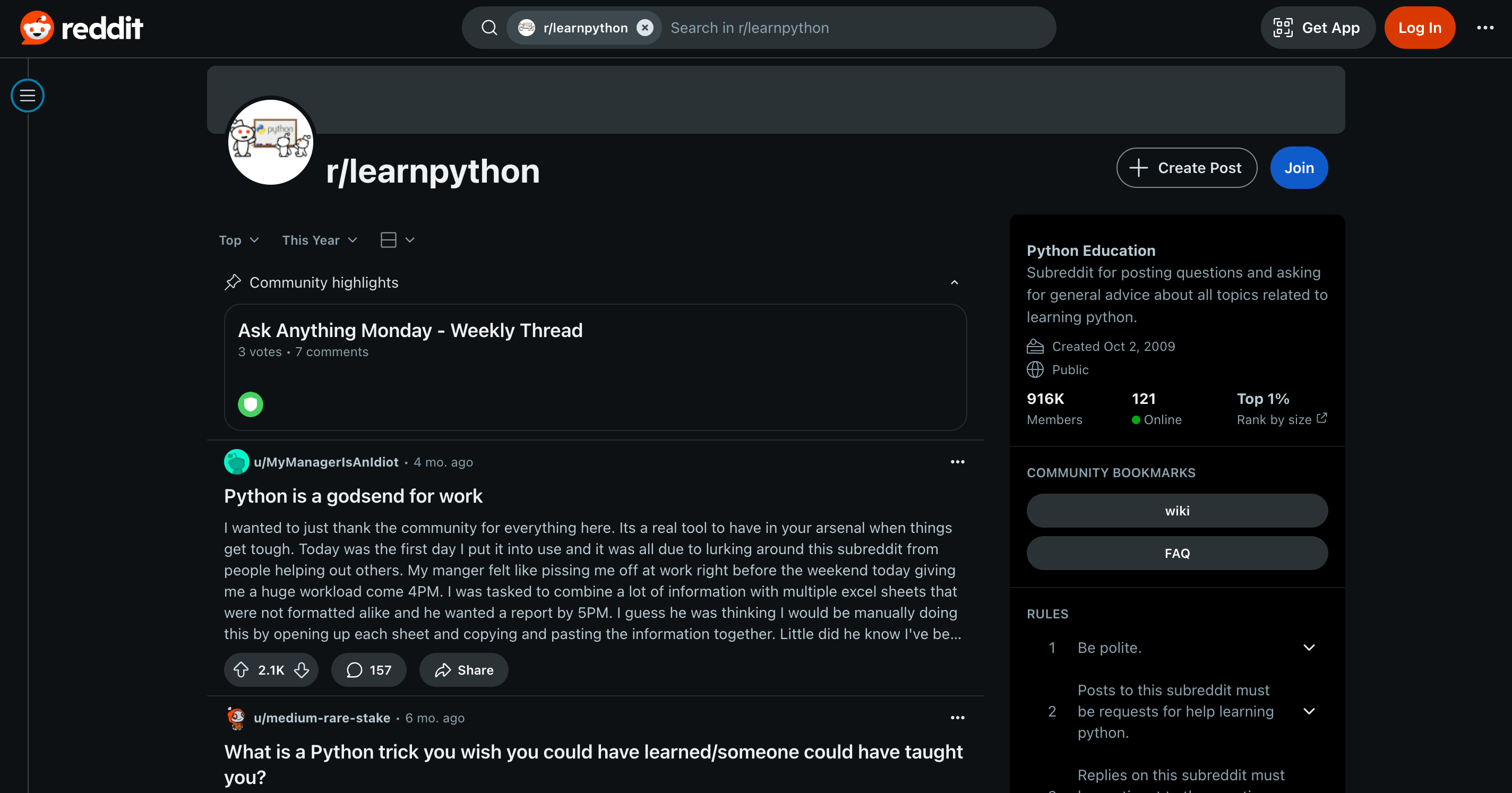Summary
- Online courses are a great starting point but won’t guide you through the entire learning journey.
- Hitting a wall is common after finishing the beginner material, so be prepared to self-direct your learning.
- Without a specific project or goal, it’s easy to lose direction and motivation.
A while back, I tried learning Python through online courses. Although it was fun, it ultimately didn’t end well. But along the way, my experience taught me a few things that might help you to succeed where I failed.
My Online Coding Experience
When I decided I wanted to start learning coding, I opted to learn Python, which is commonly regarded as being one of the most beginner-friendly languages. I focused on free online courses, primarily JetBrains, along with a few challenge-based tools that I discovered as I progressed.
Although I’d dabbled a little bit in the past, I didn’t know much about programming and wasn’t as prepared as I might have been. I managed to complete the courses I took, but when I had to move on to the next level, my brief coding career quickly petered out. So what went wrong?

Related
5 Things I Wish I Knew When I First Learned Programming
Don’t make the same mistakes.
Don’t Rush the Basics
The early stages of learning anything are the most fun and rewarding. There are so many basics to pick up in a language like Python that you move at a rapid pace. You can rip through the core principles, the syntax, and all the other essentials. You’re learning so much in every session.
It can give you a false sense of security, though, as things do get more complicated. For me, it was when the concept of recursion was introduced. It was much trickier to grasp than everything I’d done before, and the seemingly sudden steepening of the learning curve was a bit of a shock.
It also exposed how I’d rushed through some of the other basics and didn’t have quite as firm a grasp on them as I thought.
Try to pace yourself. Make sure you really understand what you’ve learned and don’t be tempted to rush to get the course finished as quickly as you can. It’s better to have a good grounding in what you’re learning rather than to finish it quickly.
Prepare to Hit the Wall
Online courses can’t teach you everything you need to know about coding. They will guide you through the beginner stages and introduce you to the intermediate levels, and then they stop. And that’s when things get difficult.
There’s no set path through the rest of your coding journey. What you learn next depends on the projects you want to work on. The courses will teach you how to look up and use things like libraries and functions, etc. But they won’t hold your hand as you do it.
It feels like you hit a wall at this point, and I’m pretty sure this is where most people give up. It certainly was for me.
To help prepare, try to have a clear idea of what you hope to achieve. The kinds of projects you want to work on; the apps you want to make; the tasks you want to complete. This way, when you’re set loose to continue learning alone, you’ll be better equipped to know what your next steps are.
Understand Why You’re Learning Coding in the First Place
The end of my course was a problem for me because I didn’t know what my next step was going to be. I was learning Python because I wanted to “learn coding” and thought it was an easy place to start. Which it is. But once I had to work on my own projects, I didn’t really know what I wanted to do with them.
I thought about web scraping, data analysis, or automation, but never had a particular goal in mind. I struggled to find one or a few solid projects that I could commit to.
Before you even get going, figure out which language you should learn. If I was learning JavaScript, I could practice building elements for websites; for Kotlin, I’d be building simple Android apps. Try to have an end goal in mind.
Ask Questions (Of Real People as Well as AI)
Finally, make sure you ask questions whenever you get stuck. Ask lots of them and ask people as well as AI.
I started learning before vibe coding took off, so my AI use was more limited than if I started today. The benefit of AI is that it helps you solve problems that you can’t actually solve yourself. This isn’t particularly helpful when you’re trying to learn something.
Although it can be tempting to get AI to write a piece of code that you can’t figure out yourself, it’s far better to stumble on until you make it work on your own. And use the huge community of fellow coders, both experienced and learners. There are well-established sites like Stack Exchange, and Reddit has learning subs for most common languages. There’s lots of support out there.
In the end, I didn’t become a programmer, although I did enjoy the process of learning and what I learned has helped me. With a massive range of courses available, I’d recommend it to anyone who wants to give it a try. And if courses aren’t your thing, you can still do it. There are games that teach you coding while you play.











Leave a Comment
Your email address will not be published. Required fields are marked *